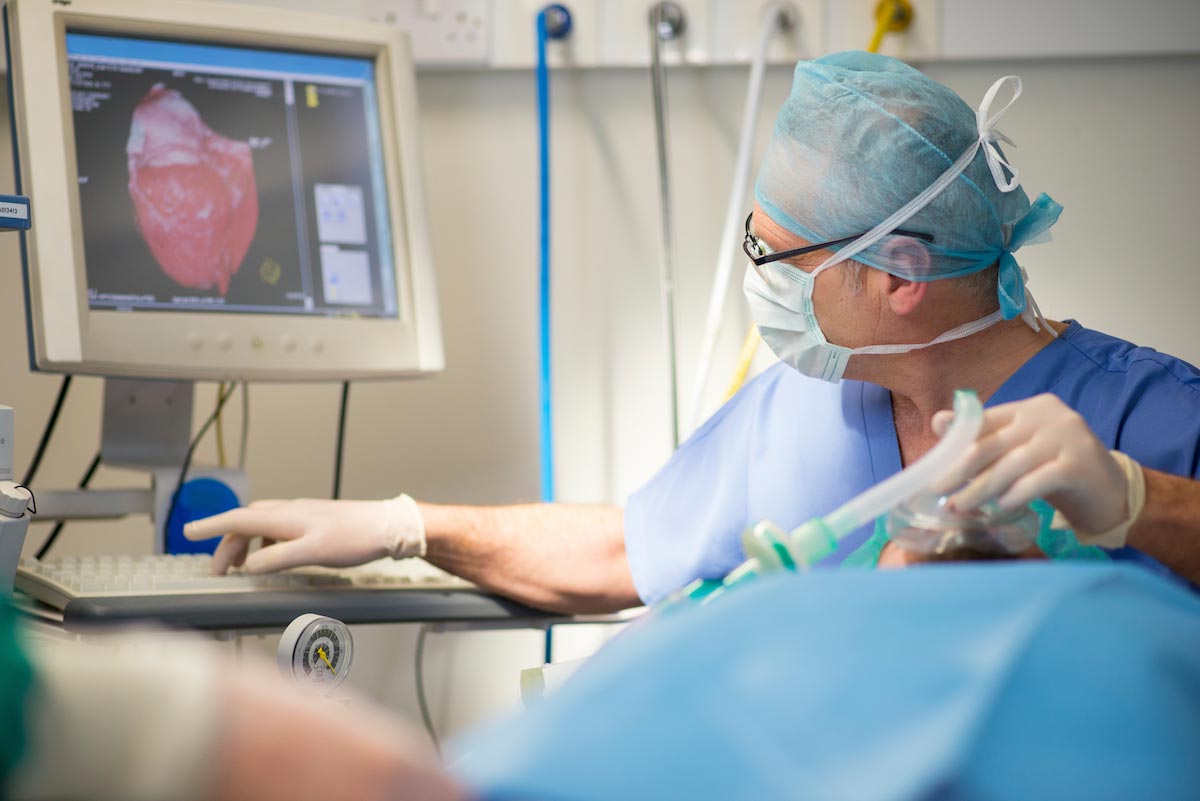Improve your physical and mental stamina at work by taking 5-minute walks every hour, says study
03/20/2019 / By Robert Jonathan

If you’re a cubicle jockey sitting in front of a computer monitor all day or a confirmed couch potato obsessively texting with your smartphone, experts say that your health and vitality could be at risk. Fortunately, taking a short break in the non-action could not only benefit your well being, it could also improve productivity, mood, and even cognitive ability. In the study, researchers from the University of Colorado Anschutz Medical Campus looked at the benefits of an hour’s worth of exercise, broken up, at least to start, into five-minute incremental walking breaks.
A previous report has already revealed that sitting for at least eight hours a day could increase the risk of premature death by up to 60 percent. The BBC also recently reported that more than 5 million deaths a year are linked to sedentary lifestyles. In our technology-dominated world, it seems that a desk job could be rapidly becoming the new smoking, as similar numbers of lives lost are reported. An inactive lifestyle may be causing even more deaths than obesity, although it would seem that they both go hand in hand.
The study, published in the International Journal of Behavioral Nutrition and Physical Activity, focused on 30 sedentary adults, who were initially screened with a physical exam, as well as various tests. In a clinical setting that was meant to simulate a work day, the participants first sat at a desk for six hours — other than bathroom trips — reading, using a computer, or watching TV. In a second visit, they engaged in moderate-intensity treadmill walking for 30 minutes after they arrived, followed by more than five hours of sitting. On a third occasion, they went for a five-minute, moderate intensity walk every hour, on the treadmill.
Sponsored solution from CWC Labs: This heavy metals test kit allows you to test almost anything for 20+ heavy metals and nutritive minerals, including lead, mercury, arsenic, cadmium, aluminum and more. You can test your own hair, vitamins, well water, garden soil, superfoods, pet hair, beverages and other samples (no blood or urine). ISO accredited laboratory using ICP-MS (mass spec) analysis with parts per billion sensitivity. Learn more here.
The test volunteers indicated that they felt more peppy when exercising either all at once or incrementally rather than when they were glued to their workstation seats. But the findings also suggest that the short breaks spread out through the day (described as “microbursts” or “bouts” of activity in the study) could be more effective than getting exercise all at once.
“On other measures, though, the five-minute walks were more potent than the concentrated 30-minute version. When the workers rose most often, they reported greater happiness, less fatigue and considerably less craving for food than on either of the other days. Their feelings of vigor also tended to increase throughout the day, while they often had plateaued by early afternoon after walking only once in the morning,” the New York Times reported about the results.
The authors of the study also added that while having some form of activity spread throughout the day is beneficial — practical, even — other alternatives like standing desks offer similar benefits. However, they pointed out that not all offices can allow these types of furniture making them cumbersome and costly.
“In this laboratory-based trial, we have demonstrated that introducing exercise microbursts across the day can reduce fatigue and improve energy level and mood, while maintaining usual cognitive performance,” the journal paper concluded, adding that more large-scale studies are necessary to confirm the findings about the benefits of frequent microbursts for sedentary office workers, or sedentary individuals generally for that matter.
Learn more about ways to stay in shape — even while you’re at work — at Slender.news.
Sources include:
Tagged Under: sedentary lifestyle., walking




















